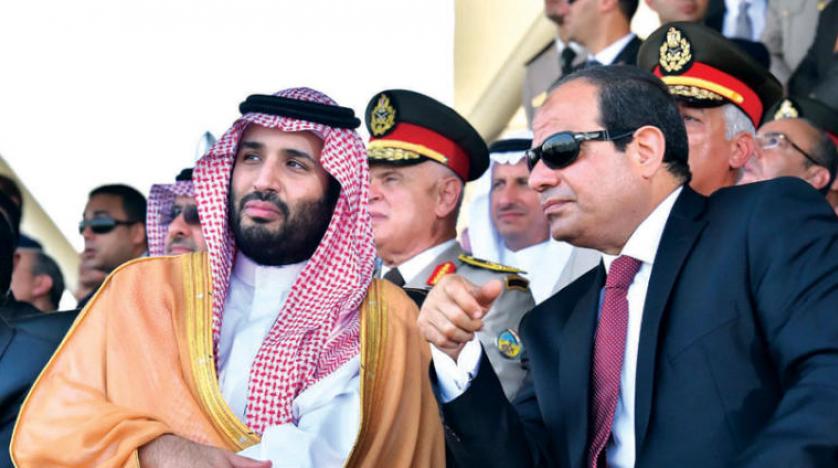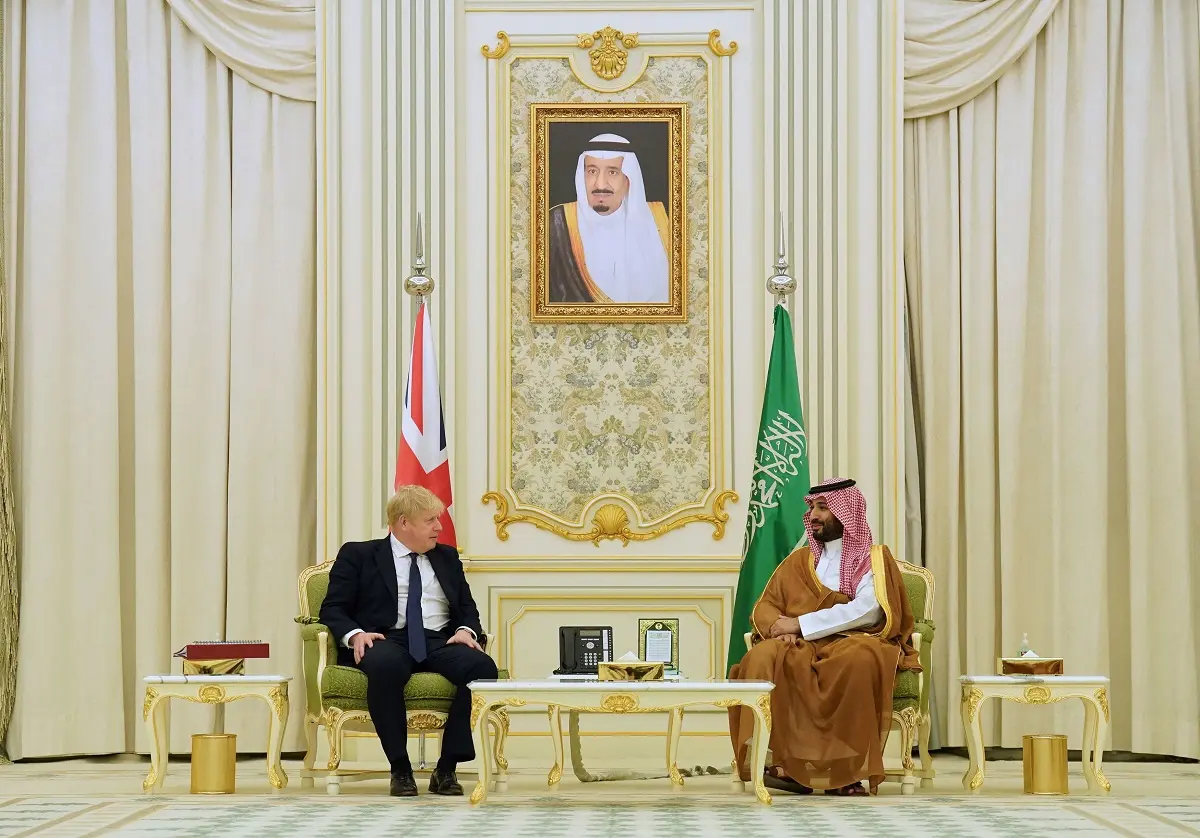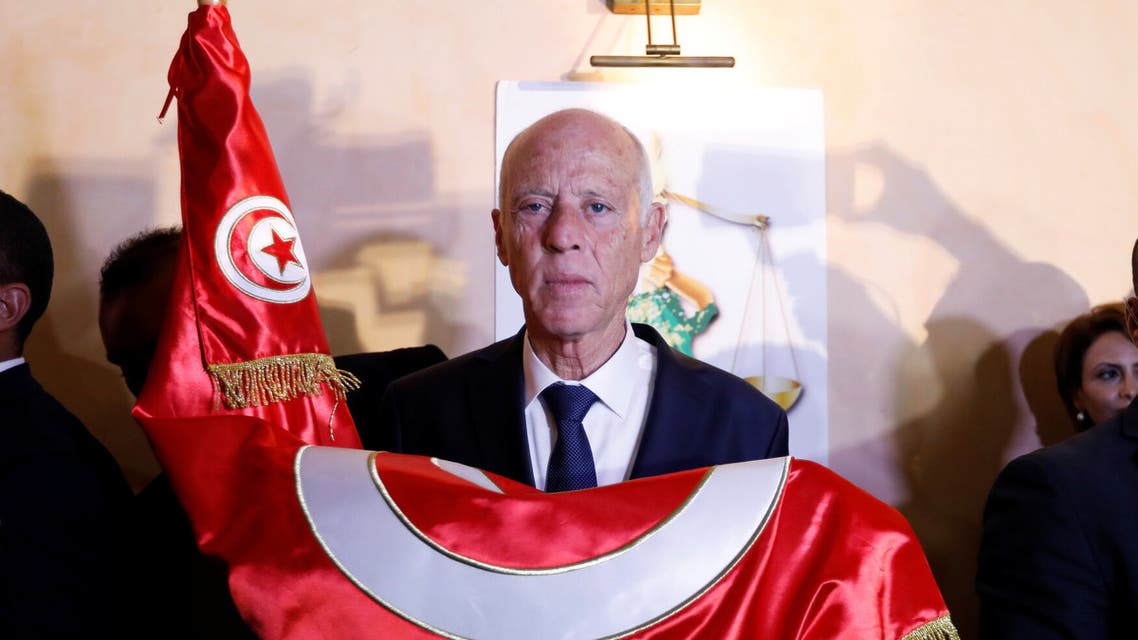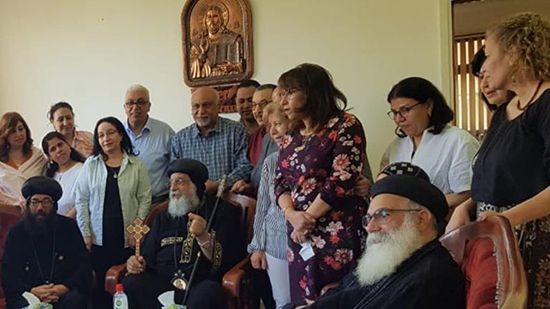Abdulrahman al-Rashed
Ever since the crisis of Jamal Khashoggi’s murder erupted, Iran has avoided commenting and taking official position even though its media outlets turned the incident into a daily material, which millions watch over dinner on the state television.
Tehran’s comment was we prefer to wait and see and the Iranians’ response toward Saudi Arabia was not like the Turks’, hostile, but they left the door slightly open.
Does cornering Saudi Arabia serve Iran? Of course, especially that the decisions pertaining to dangerous sanctions against Iran, by boycotting its oil and prohibiting it from making bank transactions using the dollar, will be implemented in less than two weeks.
In Tehran, the crisis and the Turkish attack on Saudi Arabia is a gift from above, and they are praying to God it will grant them one of three wishes. The first one is for Washington to back down on its siege of Iran out of the belief that it’s difficult to manage the battle and make it succeed in the current tense circumstances.
ALSO READ: Exaggerations around the case of the late Jamal Khashoggi
The alternative wish is for Riyadh to give up supporting the Trump administration’s project to confront Iran; hence, giving it up and letting it fail automatically.
The third one is for the crisis to change the balance of regional powers while weakening the Saudi front. Therefore, even if Iran continues to be besieged, it can resume its project of regional domination, in Iraq, Syria, Lebanon and Yemen, and this will eventually force the Americans to deal with the Khamenei regime.
For Riyadh, the relation with the US is strategic regardless of any weakness or disputes of which the most recent were the September 11, 2001 attacks and the Saudis’ rejection to cooperate with the American invasion in Iraq and which granted Iran a huge opportunity to be an important party and developed ties between Tehran and Washington at Riyadh’s expense back then.
Tehran may have a desire to fix the relation with the Saudis for reasons that have nothing to do with the Khashoggi crisis
What Saudi Arabia is passing through now is a storm in a cup because the two countries’ higher interests are bigger than what’s being written and broadcast.
The Iranians have shown high skills in dealing with crises as they see that Saudi Arabia has been put in a very critical corner and at the same time they know that it will be out of it later so they want to make gains by employing the crisis in a way that’s different than the Turks’, by either getting closer to Washington or getting closer to Riyadh.
What are the chances of Riyadh’s openness toward Iran? As I have said earlier, the relation with Washington is strategic while there is zero confidence in Iran as a peaceful neighbor. However, the margin of maneuver is always available without jumping over higher interests.
ALSO READ: The media’s ‘murder’ of Khashoggi
Tehran may have a desire to fix the relation with the Saudis for reasons that have nothing to do with the Khashoggi crisis as Tehran realized that at the time when it wanted to gain Syria it became threatened of losing Iraq as shown by the results of the recent elections. Despite its harshness and costs, the war in Yemen did not grant Tehran what it attained from Hamas in Gaza or Hezbollah in South Lebanon.
If the Iranians want a solution in Yemen, then maybe this is the right time without even expecting to get half a victory. Their Houthi ally may enjoy some sort of partnership in the project of the promised solution in Yemen.
Usually in politics, crises create opportunities. The besieged Iran knows that and it has previously benefitted from Saddam’s invasion of Kuwait by getting closer to Saudi Arabia; however, Saudi Arabia’s ordeal is temporary and its validity period is limited.
This article is also available in Arabic.





